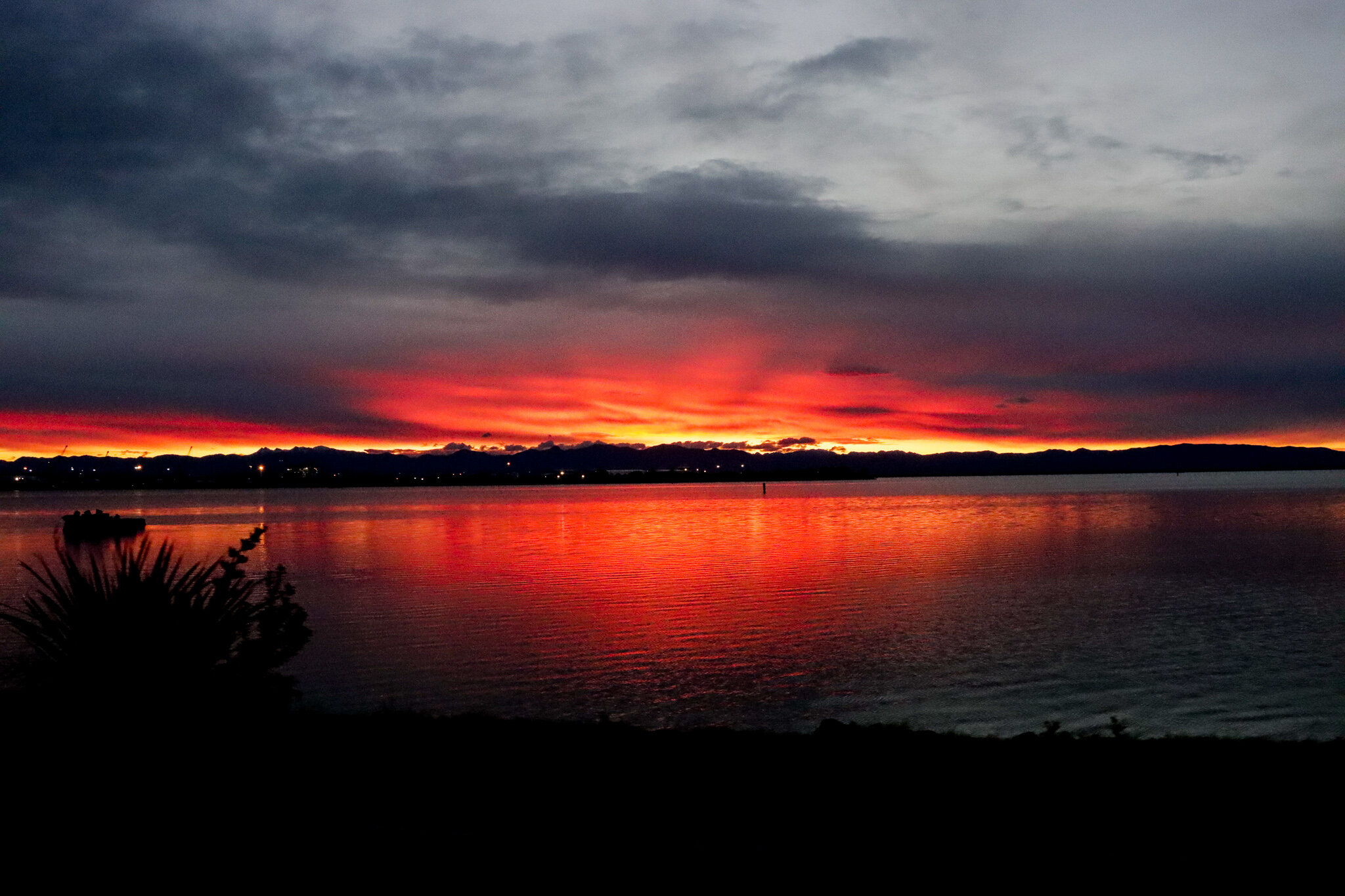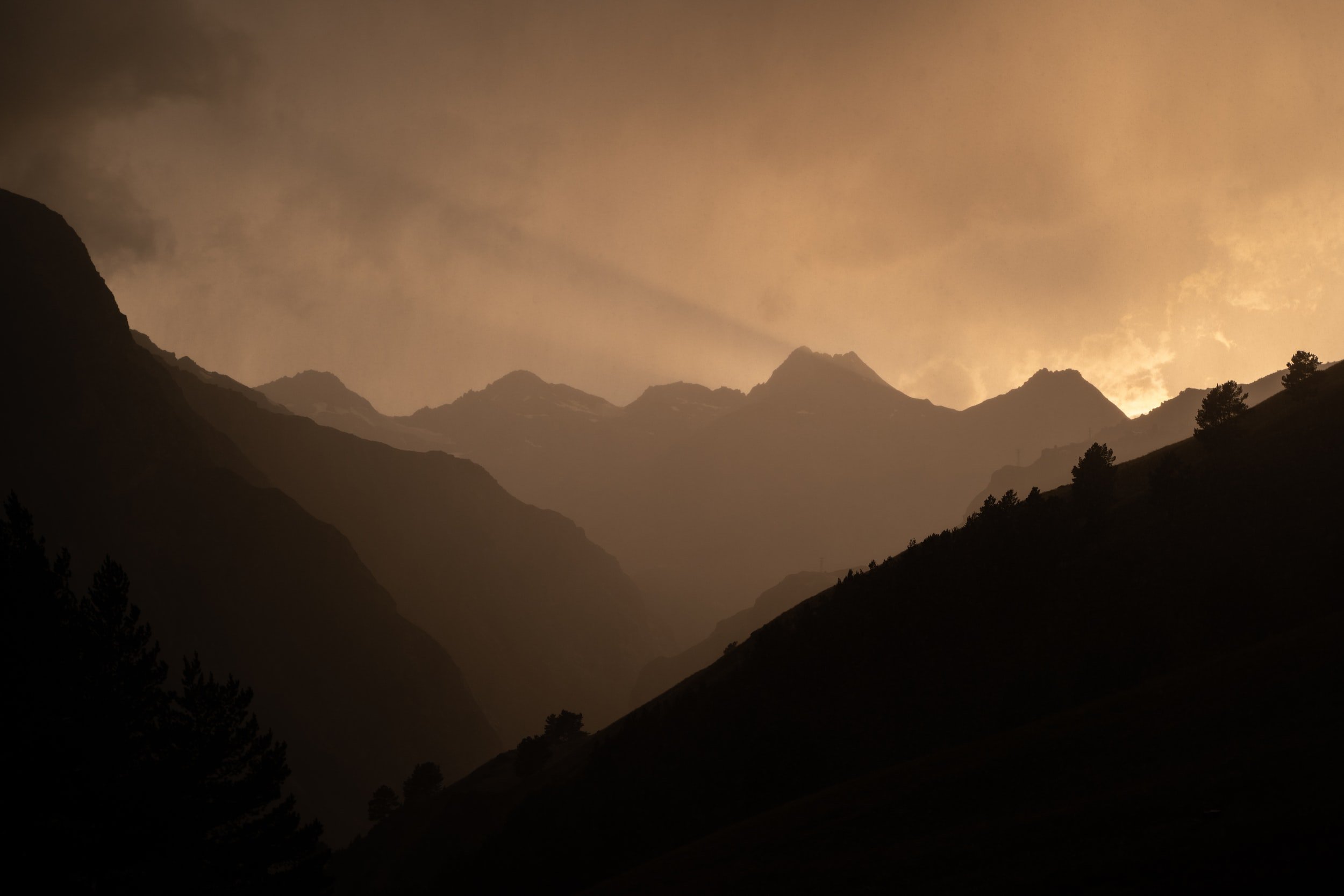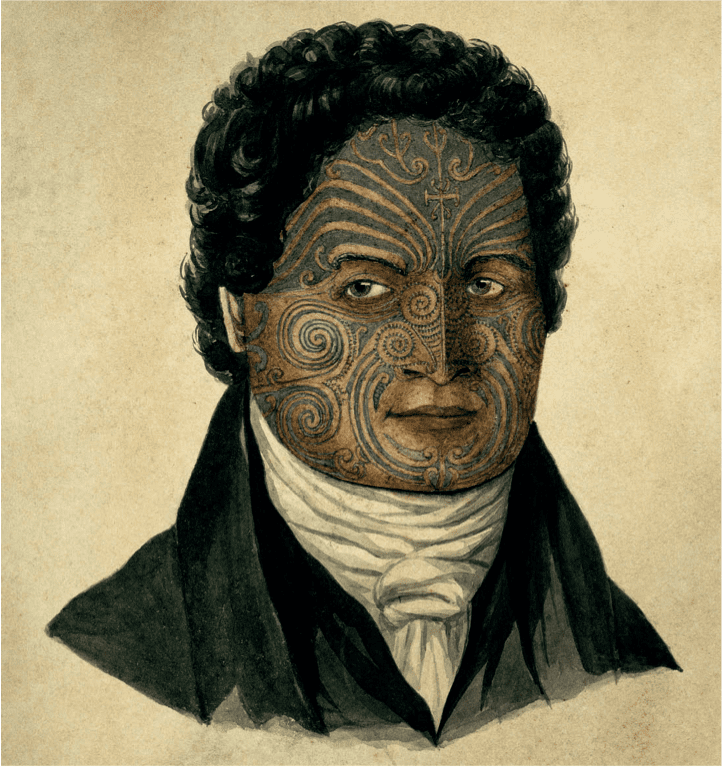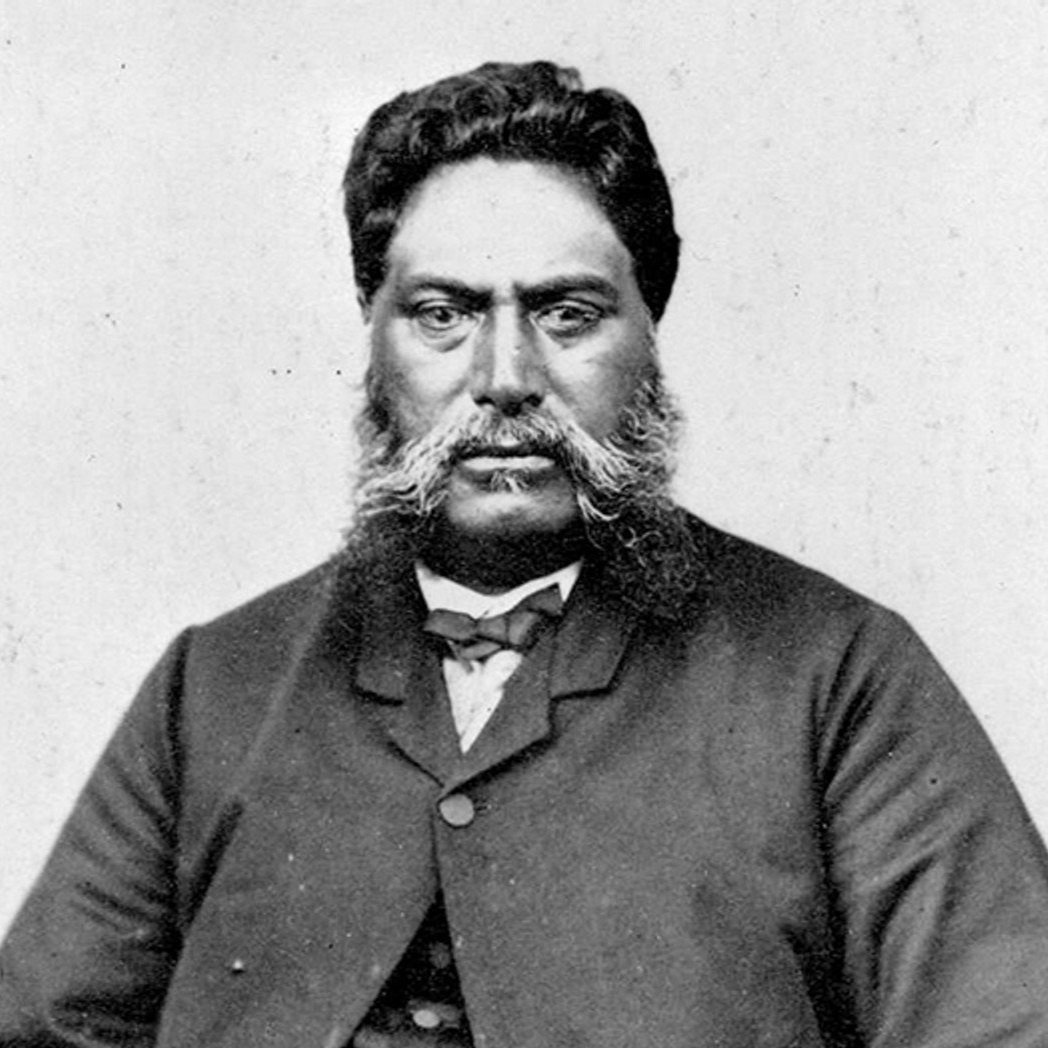
Upane, ka upane, whiti te rā!
-

Ka Mate
-

Te Heke Mai Raro
-

Our Waiata
Our History

Our Tūpuna
-

Te Rauparaha
Te Rauparaha was the son of Werawera, of Ngāti Toa Rangatira, and his second wife, Parekowhatu (Parekohatu), of Ngāti Raukawa. He is said to have been a boy when Captain James Cook was in New Zealand.
-

Te Rangihaeata
Te Rangihaeata, born probably in the 1780s in the Kāwhia district, he was a leader of Ngāti Toa Rangatira. His hapū included Ngāti Kimihia to which he was kin through his mother, Waitohi, who was the elder sister of Te Rauparaha.
-

Te Rangi Topeora
Te Rangi Topeora, also known as Rangi Topeora, was born in Kāwhia probably early in the nineteenth century. Her mother was Waitohi, of Ngāti Toa and Ngāti Raukawa, and her father Te Rākaherea.
-

Te Pehi Kupe
"DON’T GIVE IT TO THE GOD, BUT TO THE KAKAKURA."
Te Pehi Kupe was a war leader of Ngāti Toa. Born in Kawhia, he was a direct descendant of Toa Rangatira, the eponymous ancestor of Ngāti Toa. An uncle to Te Rauparaha, Te Pehi took a leading role in the musket wars including capturing Kapiti Island. In 1824 he travelled to England and was presented to King George IV. Returning home with guns and ammunition he joined the1828 raids of the South Islandwith Te Rauparaha, but was killed at Kaiapoi. “It is said that his last words to his Ngai Tahu assailants were... ’Don’t give it to the god, but to the Kaka-kura’. The meaning of this saying is now lost”.
-

Nohorua
"AHAKOA HE ITI KETE, HE ITI NĀ TE AROHA"
- It is the thought that counts
Nohorua was born around 1760 in Kāwhia. His mother was Waitāoro of Ngāti Te Maunu, and his father was Werawera of Ngāti Kimihia – both hapū of Ngāti Toa. As the eldest in the whānau, he was a leading rangatira and tohunga of Ngāti Toa. In 1822 he participated in the heke south. In 1840 he was a signatory to Te Tiriti.
-

Tamihana Te Rauparaha
Tamihana Te Rauparaha was born at Pukearuhe, a Ngāti Tama stronghold in northern Taranaki during the heke south, the son of Te Rauparaha and his senior wife, Te Akau. A writer and peacemaker, Tamihana wrote about various Ngāti Toa military campaigns and embraced Christianity, even preaching to former enemies in the South Island. He visited England and became a monarchist, was a wealthy farmer, and lived the life of an English gentleman while living in Ōtaki.
-

MĀTENE TE WHIWHI
Mātene Te Whiwhi was the son of Te Rangitopeora, who was the sister of Te Rangihaeata, and daughter of Waitohi. Mātene and Tamihana Te Rauparaha became missionaries and adopted the lifestyle and protocols of Pākehā life. A main force in Māoridom, he contributed to the formation of the Kīngitanga (King Movement), and opposed Māori land sales
-

WĪ PARATA TE KĀKĀKURA
Wī Parata, a wealthy farmer and astute politician (member of the Legislative Council), unsuccessfully took the Anglican Church to the Supreme Court in 1877 over a breach of tikanga and Te Tiriti. Land at Whitireia was gifted by Ngāti Toa to the church in 1848 in exchange for a promise to build a school. The school was never built, instead, the church obtained a Crown grant to the land without the tribe’s consent. Chief Justice Prendergast ignored the treaty and ruled that it was a simple nullity.
-

MĀUI PŌMARE
Sir Māui Pōmare KBE, CMG, health reformer and the first Māori medical doctor, was known for his efforts to improve Māori health and living conditions by touring Māori districts. He was also a formidable politician and member of the Young Māori Party. In his capacity as a Cabinet Minister he urged Māori to embrace education. His parents were followers of prophets, Te Whiti and Tohu, and hismaternal grandmother, Kahe Te Rau-o-te-rangi, was one of the few women to sign Te Tiriti.